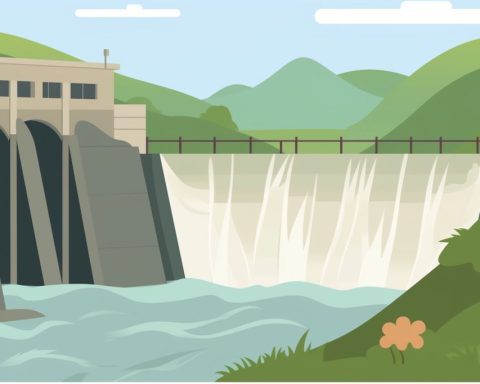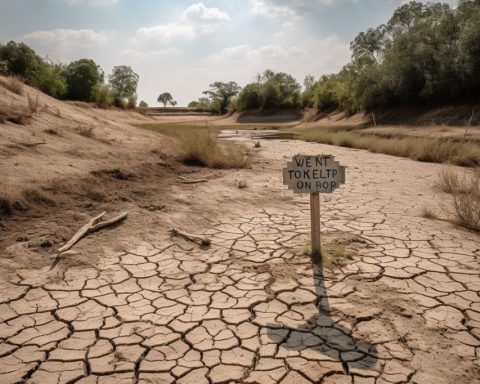The Department of Water and Sanitation (DWS) recently conducted an Annual Operating Analysis for the Greater Bloemfontein Water Supply System, which is part of the Orange River System. The study covers the period from 1 May 2023 to 30 April 2024. The analysis has revealed the need to impose water restrictions in the Greater Bloemfontein System, although no restrictions are required in the Orange River Project.
Orange River System
The Orange River Project includes dams such as Vanderkloof, Gariep in the Free State, and Katse and Mohale in Lesotho. On 1 May 2023, the combined storage capacity of these dams stood at 97.5%, indicating a decrease of 2.2% compared to the previous operating year. However, the combined gross storage of the Katse and Mohale Dams showed an increase of 0.6%, reaching 99.5% on the same date.
For the current operating year, South Africa is set to receive 780 million m3 of water transferred from Lesotho. A discretional allocation of 251 million m3 has been assigned to Eskom for the 2023/24 operating year.
Greater Bloemfontein Water Supply System
In the Greater Bloemfontein Water Supply System, the gross storage level was 98.9% on 1 May 2023, representing a 1.1% decrease compared to the previous year. Consequently, the DWS has determined that 18% water restrictions are necessary for the system when storage levels fall below the median of projected system storage. These restrictions will be lifted once the system starts spilling.
The water demands within the system currently surpass the yield, requiring close monitoring by the Department for compliance purposes. Ensuring the long-term sustainability of water supplies in the Orange River System depends on water users’ mindful consumption, taking into consideration the increasing demands and the uncertainty of supply due to the region’s highly variable climate.
Importance of Responsible Water Usage
The DWS stresses the importance of responsible water usage and encourages users to be mindful of their consumption habits to maintain a sustainable water supply in the region. The department’s spokesperson, Wisane Mavasa, is available for further inquiries regarding these restrictions and their implications.
Reminder on Efficient Water Management
The Greater Bloemfontein Water Supply System’s current situation serves as a reminder that water is a valuable resource that must be managed efficiently. Government, organizations, and residents must take this matter seriously, cooperating to ensure adequate water supply for all users in the region. The Department of Water and Sanitation will continue to monitor and evaluate the situation, ensuring that appropriate measures are taken to prevent future water shortages and maintain a sustainable water supply for all.










